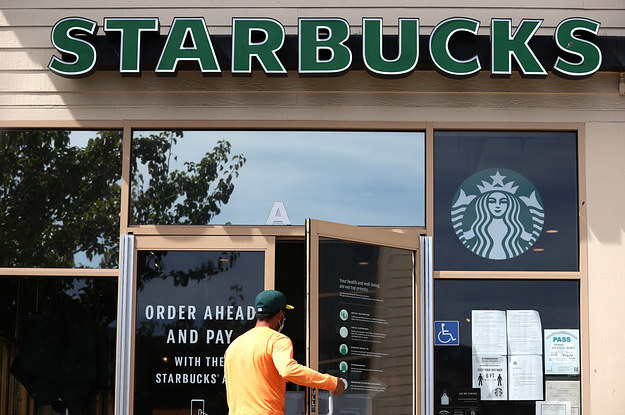Category: Worldwide
Category Added in a WPeMatico Campaign
BriefCam, a facial recognition and surveillance video analysis company, sells the ability to surveil protesters and enforce social distancing — without the public knowing.
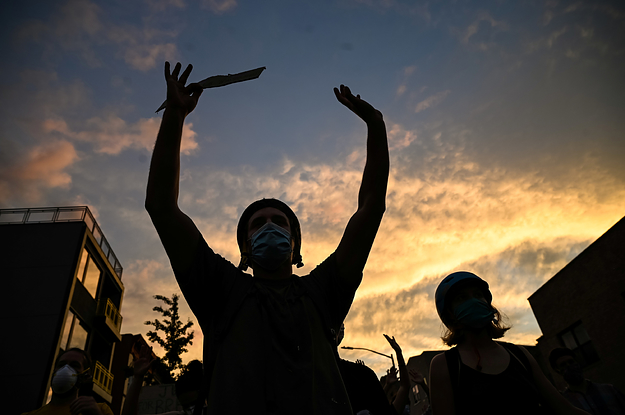
Undoubtedly raw, 8:46, Chappelle’s set about George Floyd and the killings of Black people feels like the first meaningful mainstream art to emerge from this particular moment.
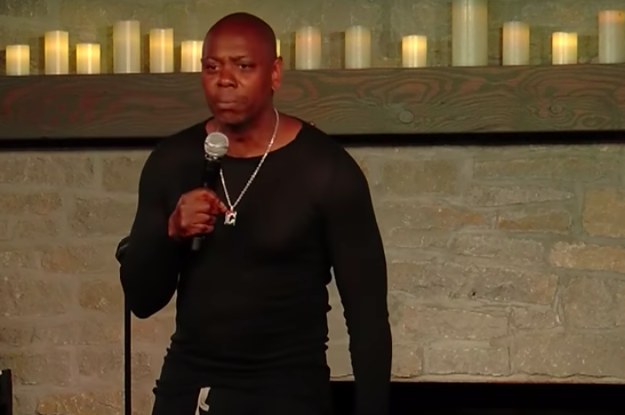
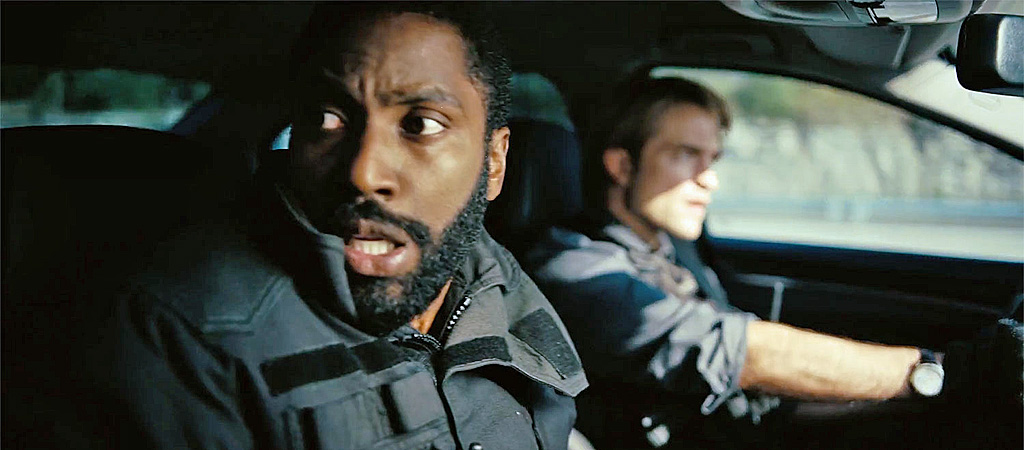
Tenet will hit reopened movie theaters in July, but it was delayed yet again despite director Christopher Nolan’s hopes that the film would welcome moviegoers back to theaters before other films on the release calendar. The New York Times reported the delay on Friday evening, citing Nolan’s intention to make the movie the first back in reopened theaters had already been dashed and has now been further delayed by ongoing industry conditions in the wake of the COVID-19 pandemic:
Warner Bros. on Friday pushed back the release of “Tenet,” a $200 million-plus mind bender from Christopher Nolan that was supposed to arrive in theaters on July 17 and jump-start the pandemic-stricken movie business. Instead, “Tenet” will be released on July 31.
As the Times notes, without the ultra-secretive Tenet to screen, theaters will largely sit without new content for anyone eager to reenter theters in the wake of the pandemic. It also means Disney’s live-action Mulan — slated for a July 24 release — would be the first major box office film to hit screens after the nationwide shutdown that essentially halted the industry in mid-March.
Tenet’s move might force Disney’s hand with Mulan as well, creating a weird sort of game of chicken as the movie industry weighs whether the legal opening of movie theaters amid public health concerns means people actually feel safe enough to sit for hours in a darkened theater to watch films in public. What’s clear right now, however, is that Warner Bros is willing to wait a bit longer to find out if Tenet will bring the masses back to the land of popcorn and soda-sticky floors.
(Via The New York Times)
Game of Thrones is finished on HBO, but that doesn’t mean the cast is done with dragons just yet. Five members of the HBO megahit will reunite to ply Dungeons and Dragons next weekend for a very good cause.
EW reported on Friday that a handful of actors who played some major characters on the show — Pod, Yara, Ramsay, Osha and Hodor — will return to roleplay a special Dungeons and Dragons campaign to benefit Red Nose Day. Daniel Portman (Podrick Payne), Gemma Whelan (Yara Greyjoy), Iwan Rheon (Ramsay Bolton), Kristian Nairn (Hodor) and Natalia Tena (Osha
The event will air live on June 20 on Twitch and the Wizards of the Coast YouTube page. The campaign will have the crew “meet an unusual creature that sets them on a strange task. Seems simple enough — but in a realm legendary for its danger, all is not what it seems.” A video of the five actors previewing their characters came with the news on Friday, with Rheon pointing out he will be very different than his brutal Thrones character.
“It’s not all about brawl, man,” Rheon said. “You gotta think your way through problems. Not like Ramsay Bolton, probably. Not gonna be very useful.”
The game will be run by Kate Welch, who’s written a number of campaigns including the Rick and Morty set that was released last year. Wizards of the Coast has organized a number of events for Red Nose Day, which is a campaign to end childhood poverty. Other actors highlighted in the trailer and scheduled to be in events —which start on June 18 — this year include Sam Richardson, Matthew Lillard and Janina Gavankar.
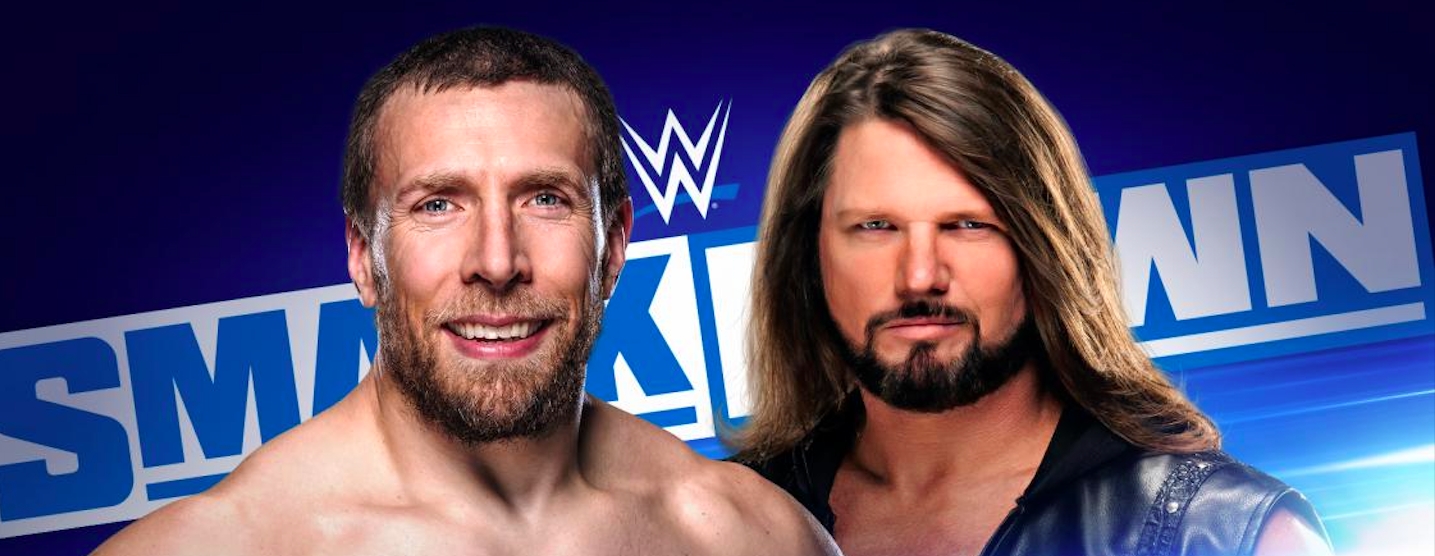
Tonight on the WWE Friday Night Smackdown open discussion thread:
Two of WWE’s most skilled competitors are set to clash when Daniel Bryan and AJ Styles face off this week on Friday Night SmackDown in the finals of a tournament to determine the new Intercontinental Champion.
Styles came to the blue brand as a man on a mission, as The Phenomenal One dispatched of former champion Shinsuke Nakamura in the opening round of the tournament. After a hit-and-run incident involving Elias threw the bracket into chaos, Styles accepted a bye into the final round while Bryan fought his way into the title matchup by defeating Sheamus.
In hopes of delivering a message to his eventual competitor, Styles challenged Bryan’s coach Drew Gulak to a match and may have taken the up-and-comer a little too lightly, as Gulak rolled up the former WWE Champion for a shocking victory.
Will Styles regroup and finally capture the title that has evaded him? Or will Bryan usher in his second reign as Intercontinental Champion? (via WWE.com)
Tonight’s card features an Intercontinental Championship Tournament finals match between Daniel Bryan and AJ styles that might end up having a non-finish and a do-over at Sunday’s pay-per-view; Heavy Machinery and Braun Strowman vs. The Miz, John Morrison, and Dolph Ziggler; and a Jeff Hardy and Sheamus contract signing you have to pee to believe.
As always, give a thumbs up to any comments from tonight’s open thread you enjoy and we’ll include 10 of the best in tomorrow’s Best and Worst of Friday Night Smackdown on Fox report. Make sure to flip your comments to “newest” in the drop down menu under “discussion,” and enjoy the show!
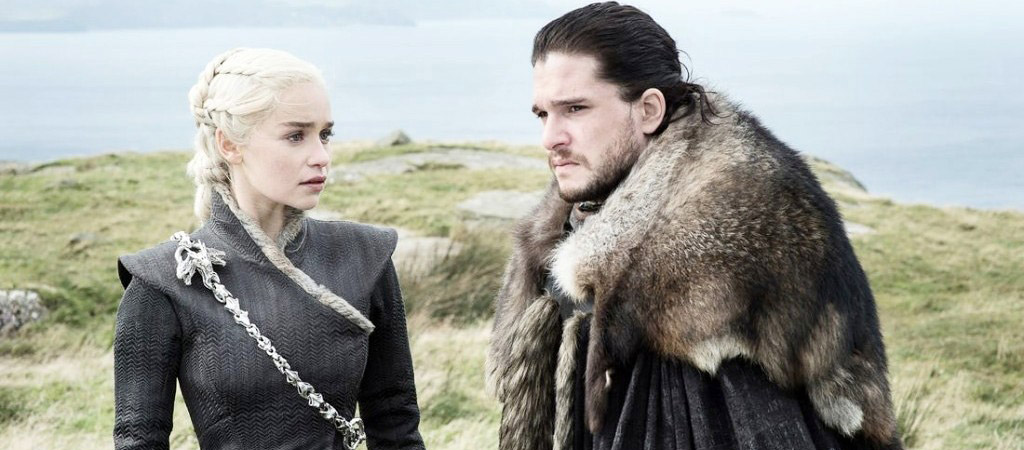
Following the arrival of HBO Max, it appears that even HBO has decided that there are too many HBOs.
In an effort to streamline its app offerings, the premium cable channel will be axing HBO GO and renaming HBO Now as simply HBO. For the time being, this will bring the number of HBO apps down to two. And if you’re confused by all of this, don’t feel alone. We’ll do our best to explain what it means after this official statement from HBO:
Now that HBO Max has launched and is widely distributed, we… will be sunsetting our HBO GO service in the U.S. We intend to remove the HBO GO app from primary platforms as of July 31, 2020. Most customers who have traditionally used HBO GO to stream HBO programming are now able to do so via HBO Max, which offers access to all of HBO together with so much more. Additionally, the HBO NOW app and desktop experience will be rebranded to HBO. Existing HBO NOW subscribers will have access to HBO through the rebranded HBO app on platforms where it remains available and through play.hbo.com. HBO Max provides not only the robust offering of HBO but also a vast WarnerMedia library and acquired content and originals through a modern product.
So here’s what this all means (probably):
If you’re already an HBO Max subscriber and found a way to access the app, nothing has changed. You’re good to go.
If you’re an HBO Now subscriber that didn’t transition to HBO Max yet, the only change you’ll see is that the HBO Now app is now called HBO. Pretty painless.
If you’re an HBO Go user, hmm. While most cable providers have made a deal that will allow its HBO subscribers to use HBO Max, not all of them have, so it’s a good idea to check with your provider. However, if your provider does allow access to HBO Max (which you will have to use once the HBO Go app vanishes in July), you’ll need to find a device that can access the HBO Max app. As of this post, that does not include Roku or Amazon Fire TV, which are the most widely used streaming devices in America. But there is a chance that HBO Max will arrive on those devices by the end of July, and in the meantime, you can access HBO Max through an XBox One or PS4.
Naturally, there are a lot of confused people out there:
It couldn’t be more simple. HBO Now (not HBO Max) is now HBO, except in the Mountain Time Zone on alternate Tuesdays, when it is now HBO Xtra (unless you also get Showtime and ESPN2). Not compatible with Roku. https://t.co/Elj6RtWY5u
— Dave Itzkoff (@ditzkoff) June 12, 2020
Okay, so HBO Now is now just HBO. And normal HBO is also HBO. HBO Go is going away and HBO Max is here to stay. And if you have normal HBO but usually use HBO Go you can’t no…mo…?
Unless you have the right provider. I’m glad they cleared up the confusion.
— Winter is Coming (@WiCnet) June 12, 2020
So as of now, Go will go and Now will go as well but will not go to Go. Go is gone, Now is still available now but just as HBO. To go beyond Go and go beyond Now its not Next but Max. So Go is a no go, Now is now HBO, and Max is still Max. Maybe? Today is still Friday though?
— Jason Livingood (@jlivingood) June 12, 2020


